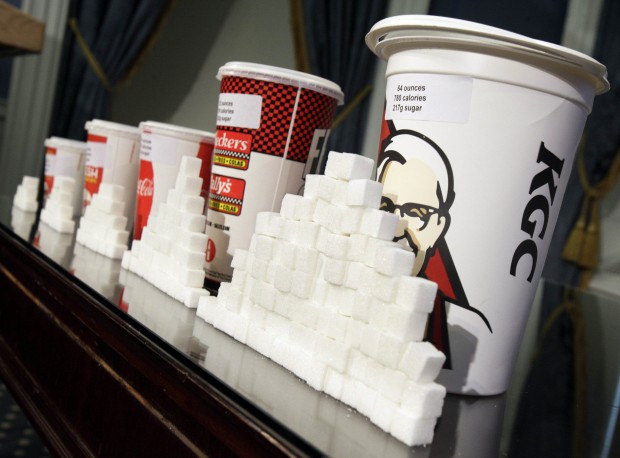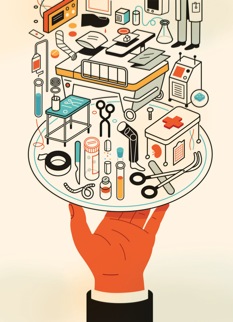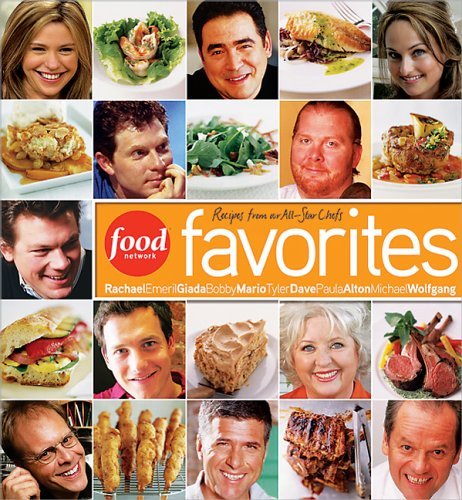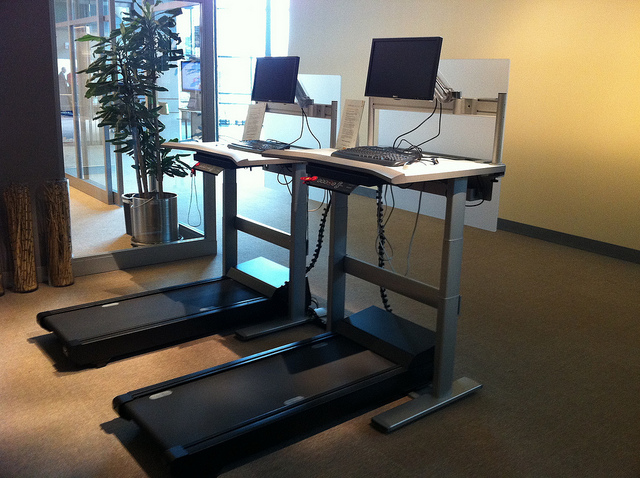When folks in the Northwest learn about outdoor survival, they learn about the “10 essentials”. The list was developed by The Mountaineers as a guide for explorers if they ever need to face these two questions: First, can you respond positively to an accident or emergency? Second, can you safely spend a night—or more—out?
The reality is that today most who enter the wilderness bring along technology in the form of a mobile phone, or as the New York Times article, “When GPS Leads to S.O.S” describes, a P.L.B. or personal locator beacon. Such tools are wise, but they are certainly problematic if their possession leads to imprudent decisions to enter the wilderness unprepared for events that are otherwise predictable to experienced outdoor explorers.
These unnecessary and inappropriate requests for help, or acts of plain rudeness and stupidity towards the wilderness rescue system are wasteful and costly, but also pose a bigger problem. The article states, “While in some countries like Europe, inexpensive rescue insurance covers the costs of all rescues, while in others, those rescued must pay for the help, especially when “victims” are thought to have been negligent or to have cried wolf. But in the United States, charging hikers or boaters for unnecessary rescues is an option seldom pursued. “We don’t want people not to call for a rescue because they think they can’t afford it. Then they’re likely to get into deeper trouble and trigger a more dangerous rescue,” says Jeff Sparhawk, public information officer for the Rocky Mountain Rescue Group, a search-and-rescue team based in Boulder, Colo.” Read More…
Professional and volunteer rescuers believe in their missions and want to help, but they put their own lives at risk in the process. The 10 essentials, good judgment and prudence, including the willingness to turn back, well short of the summit or goal will save more lives than any technology. Failure is one of the allures of the outdoors. There is always another weekend or another season to try again, and the journey, not the destination ought to be enough.





